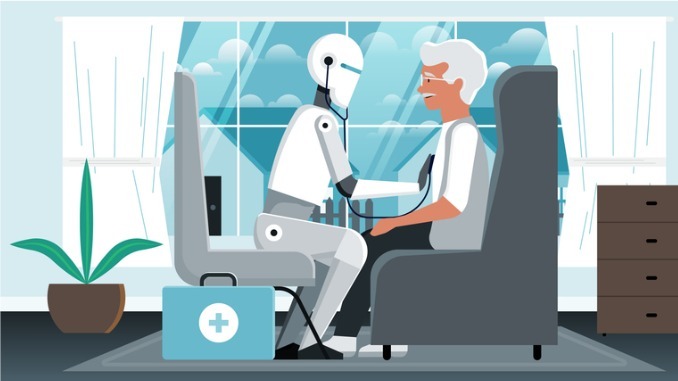
Artificial intelligence (AI) is becoming increasingly integrated into various aspects of clinical practice, administration, and patient engagement. This shift prompts a critical examination of how AI is reshaping the dynamics between clinicians and patients
CREDIT: This is an edited version of an article that originally appeared on BMJ
As AI technologies permeate healthcare, it’s crucial to discern between exaggerated claims and tangible benefits. While some studies show AI’s potential in enhancing diagnostic accuracy for specific clinical tasks like interpreting medical images, caution is warranted, as evidenced by the challenges faced by digital GP services like Babylon.
Building trust and transparency
Establishing trust in AI-driven healthcare requires robust regulation, transparent data-sharing practices, and clarity on how AI algorithms are trained. By fostering transparency and accountability, healthcare providers can instil confidence among clinicians and patients alike.
Effective integration of AI into clinical workflows necessitates collaborative efforts involving clinicians, administrators, data scientists, managers, and patients. Expert panels can provide valuable insights into addressing technical complexities and ethical considerations.
Prioritising human-centred care
While AI holds promise in streamlining processes and improving efficiency, it’s essential to prioritise human-centric care. Understanding patient preferences and preserving essential elements such as empathy and communication are paramount in leveraging AI to enhance patient outcomes.
Embracing future opportunities
Looking ahead, AI presents promising opportunities to revolutionise healthcare delivery, from enhancing diagnostic precision to automating administrative tasks. However, careful implementation and ongoing evaluation are imperative to harness its full potential while safeguarding patient safety and trust.
Adapting to a changing landscape
As healthcare adapts to the advent of AI technologies, maintaining a balanced approach is key. Embracing innovation while upholding the core principles of patient-centred care ensures that AI complements rather than replaces the human touch in healthcare delivery.
In navigating the evolving landscape of AI-driven healthcare, healthcare professionals must remain vigilant, critically evaluating AI applications, challenging biases, and continuously honing their skills to navigate this transformative journey with confidence and competence.


Be the first to comment